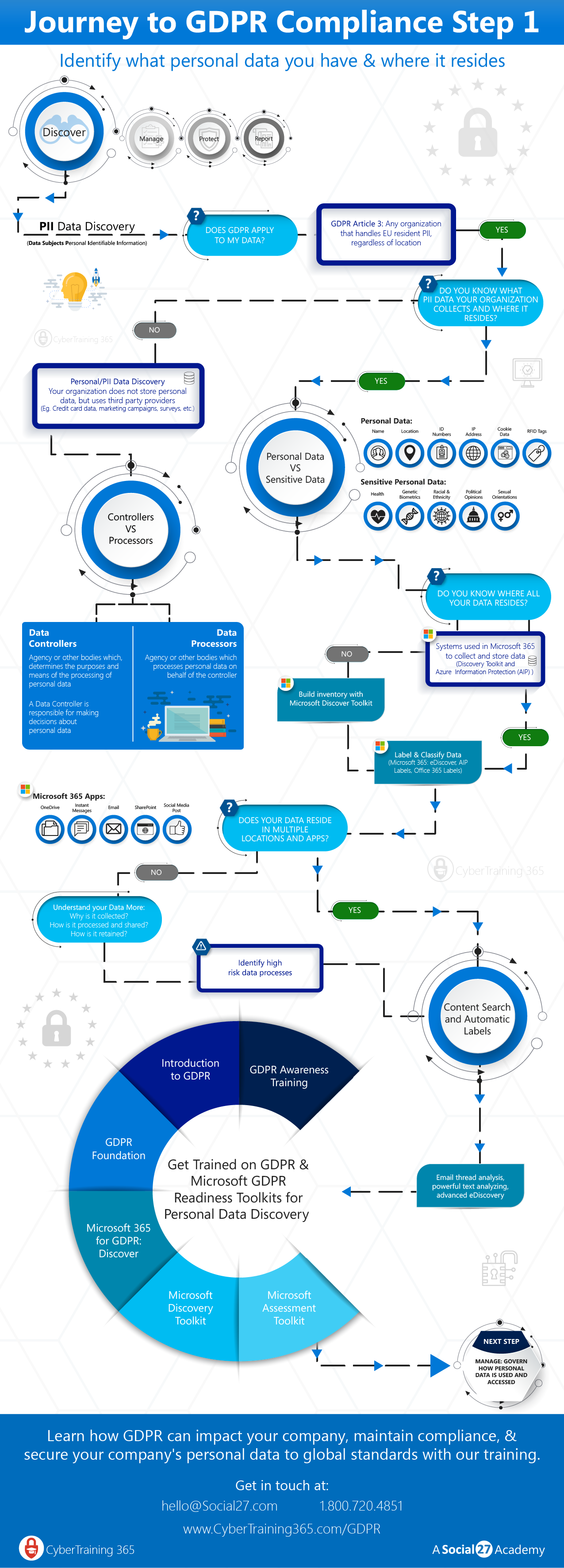Gdpr Processor Vs Controller Responsibilities

Unfortunately reality often diverges from this ideal.
Gdpr processor vs controller responsibilities. The data processor may only sub contract a part of its task to another processor or appoint a joint processor when it has received prior written authorisation from the data controller. A data controller is the person or organisation that determines how and why personal data is processed. Controller means the natural or legal person public authority agency or other body which alone or jointly with others determines the purposes and means of the processing of personal data processor means a natural or legal person public authority agency or other body which processes. Under the general data protection regulation gdpr processors i e.
A data controller is. The gdpr introduces new responsibilities for both controller and processor. In a perfect world the data controller and data processor would know exactly their roles and the communication between them would be seamless. There are situations where an entity can be a data controller or a data processor or both.
A data processor is the person or organisation that processes personal data on behalf of a data controller. The new definitions of what constitutes a data controller and data processor are outlined in article 4 of the gdpr. Data processors process personal data on. Understanding the differences between the two and how the role that your organization serves in any particular scenario alters your responsibilities is key to compliance.
Definitions of controller and processor. Indeed before the gdpr processors were only contractually liable to the controller on behalf of which they processed personal data provided there was a written contract between them. A natural or legal person public authority agency or other body which alone or jointly with others determines the purposes and means of processing of personal data. A brewery has many employees.
Organisations processing personal data on behalf of a third party is subject to new obligations. The roles and responsibilities of data controllers and data processors will become increasingly important as organizations strive to maintain compliance with gdpr. Can a processor be held liable for non compliance. To determine whether you are a controller or processor you will need to consider your role and responsibilities in relation to your data processing activities.
A processor may be contractually liable to the controller for any failure to meet the terms of their agreed contract. For more information about a processor s direct responsibilities under the gdpr please see our guidance on controllers and processors. You should be able to differentiate between controllers joint controllers and processors so you understand which gdpr obligations apply to which organisation. Therefore gdpr establishes a framework and roles in case problems arise.














































